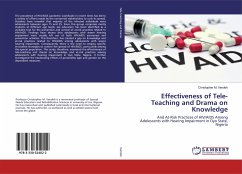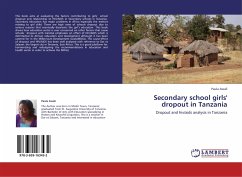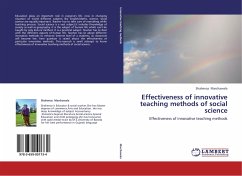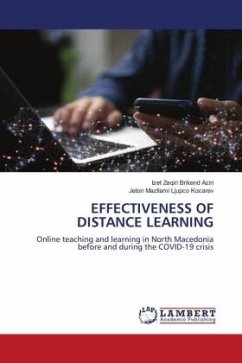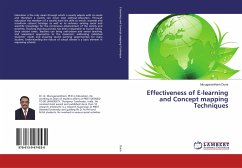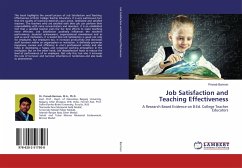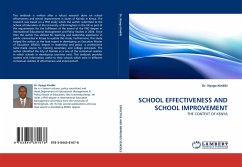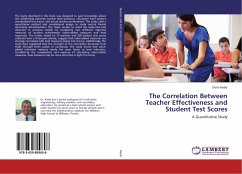The prevalence of HIV/AIDS pandemic worldwide in recent times has led to a variety of efforts made by the concerned stakeholders to curb its spread. Statistics have revealed that majority of the infected individuals were adolescents between ages 15 and 25. Since this group comprises mostly students at different age levels, sex education has been identified as a veritable tool for the prevention and control of at-risk practices related to HIV/AIDS. Findings have shown that adolescents with severe hearing impairment were usually left out of both HIV/AIDS awareness and prevention activities. This therefore, has created a gap on knowledge and at-risk practices related to HIV/AIDS among adolescents with severe hearing impairment. Consequently, there is the need to employ specific innovative strategies to control the spread of HIV/AIDS, particularly among this special population. This study, therefore, examined the effectiveness of tele-teaching and drama on knowledge and at-risk practices among adolescents with hearing impairment in Oyo State, Nigeria. It further investigated the moderating effects of personality type and gender on the dependent measures.

